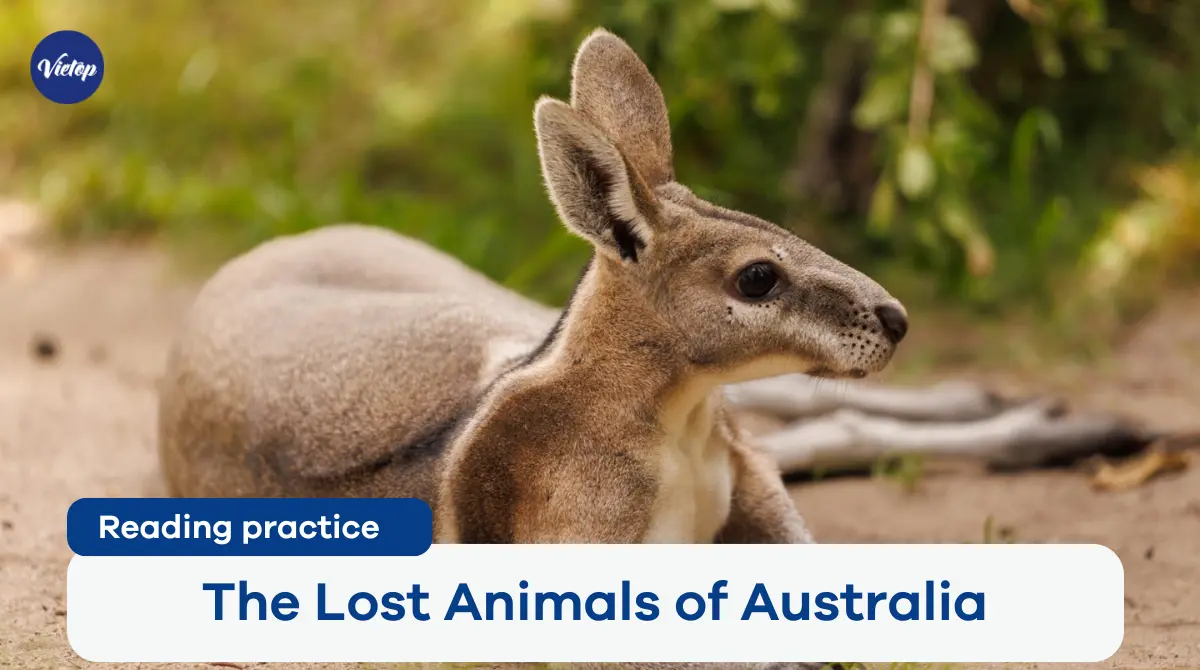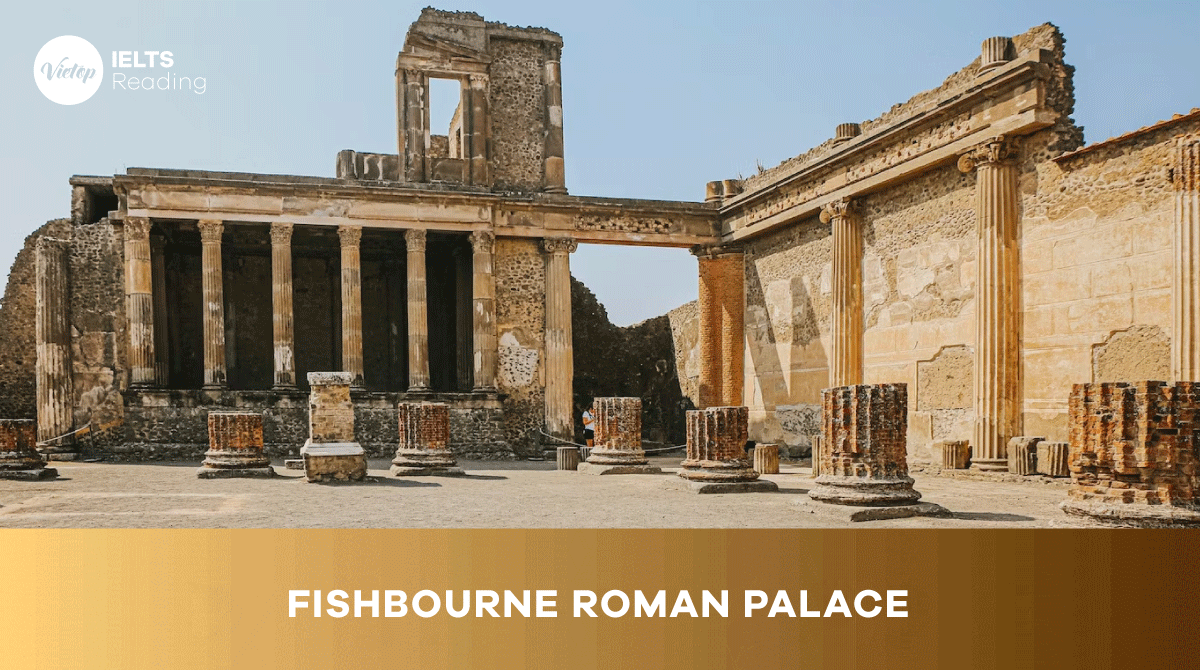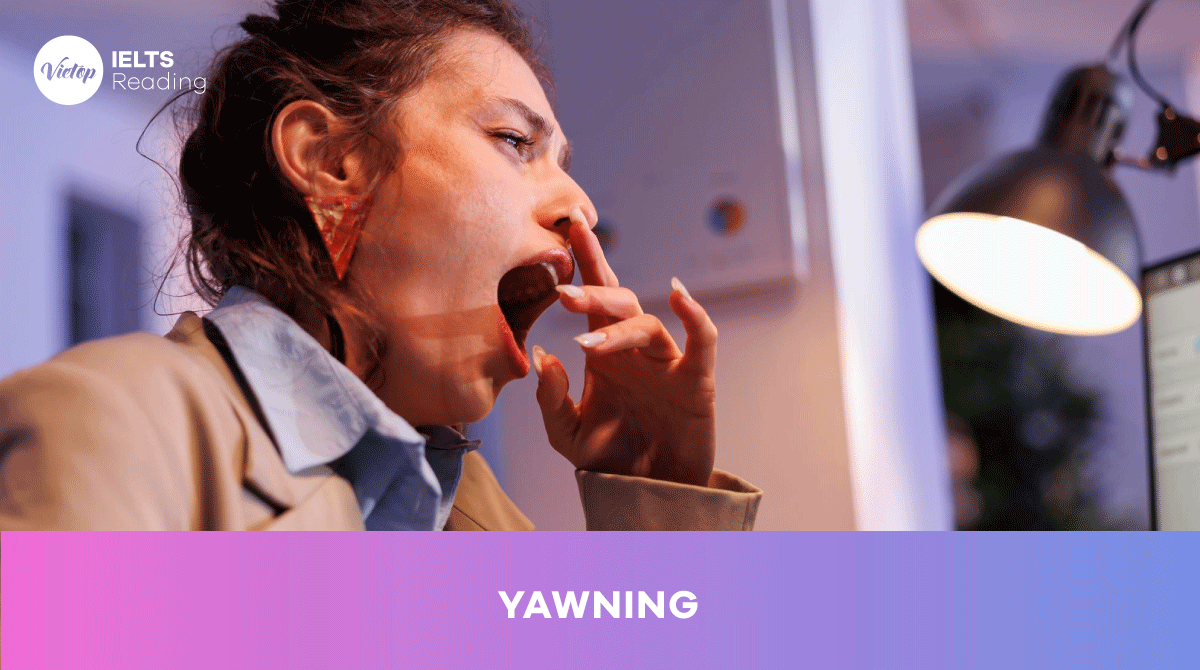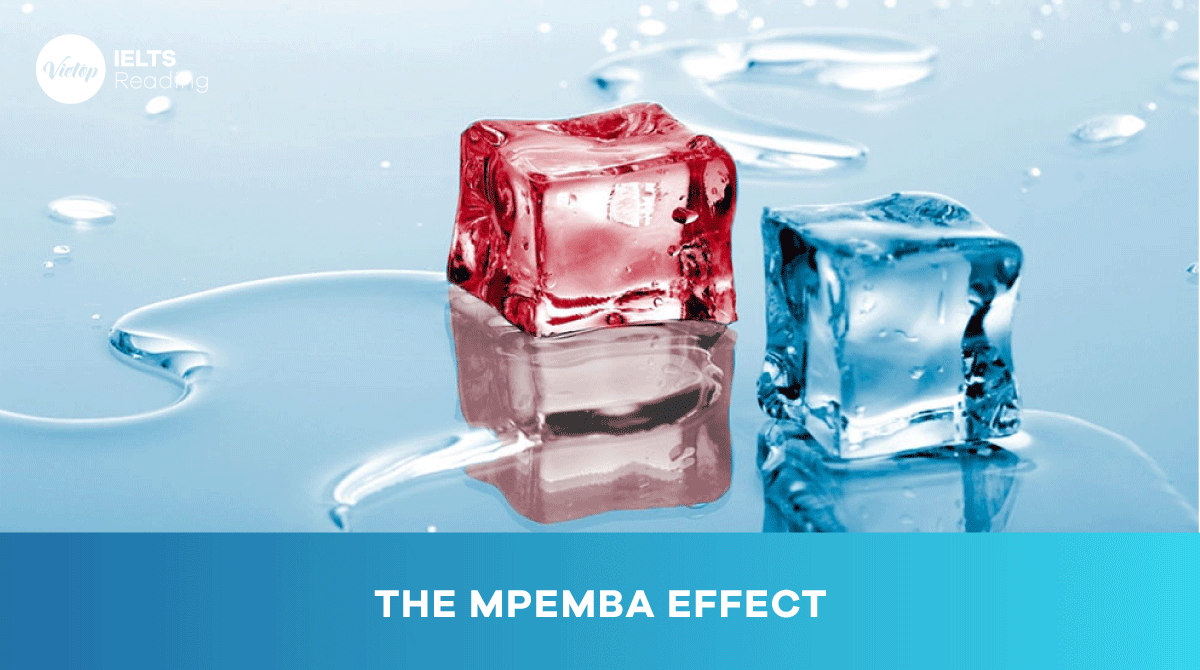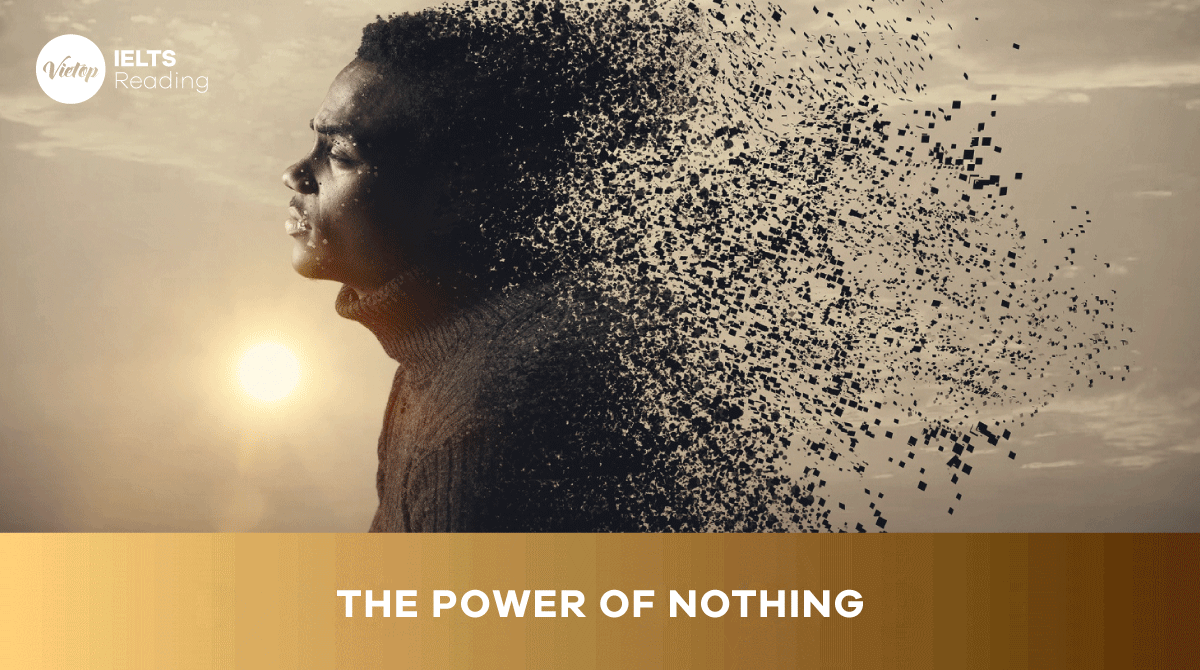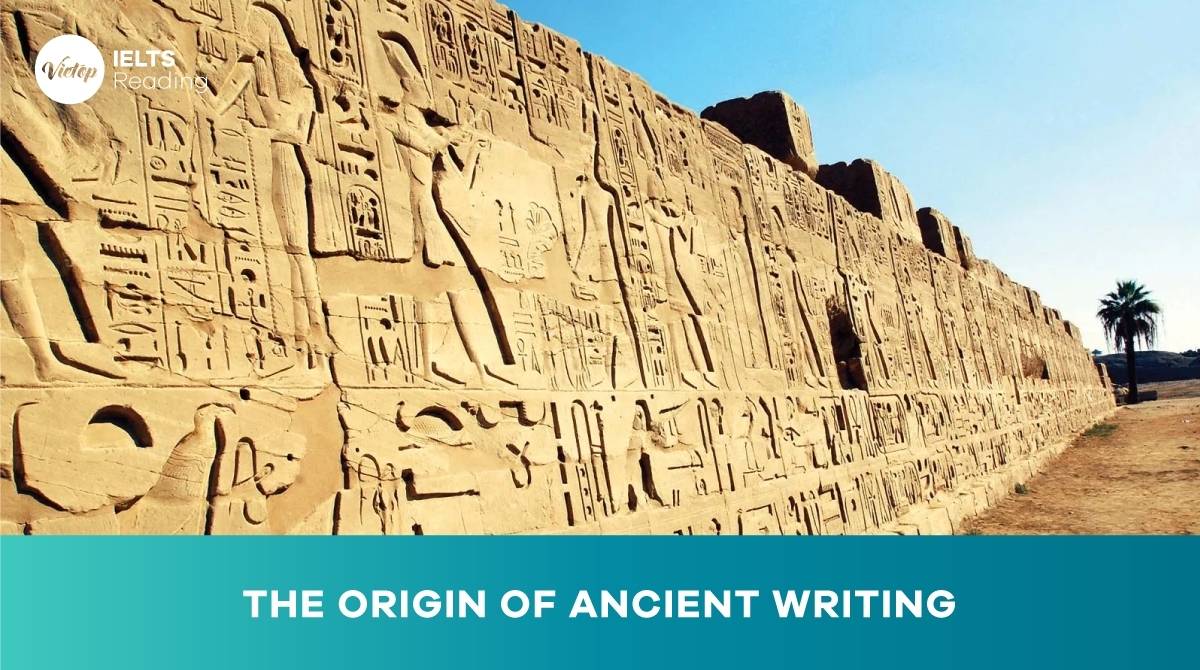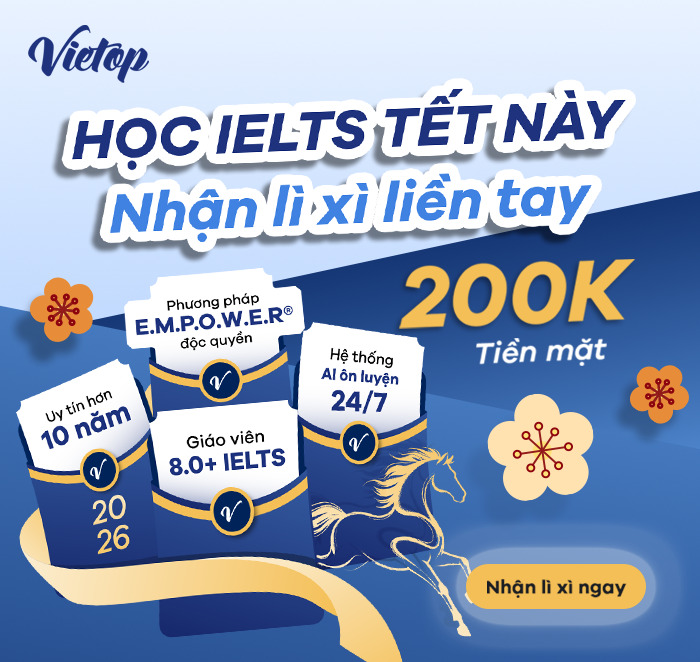The nutmeg tree, Myristica fragrans, is a large evergreen tree native to Southeast Asia. Until the late 18th century, it only grew in one place in the world: a small group of islands in the Banda Sea, part of the Moluccas – or Spice Islands – in northeastern Indonesia. The tree is thickly branched with dense foliage of tough, dark green oval leaves, and produces small, yellow, bell-shaped flowers and pale yellow pear-shaped fruits. The fruit is encased in a flesh husk. When the fruit is ripe, this husk splits into two halves along a ridge running the length of the fruit. Inside is a purple-brown shiny seed, 2-3 cm long by about 2 cm across, surrounded by a lacy red or crimson covering called an ‘aril’. These are the sources of the two spices nutmeg and mace, the former being produced from the dried seed and the latter from the aril.
Nutmeg was a highly prized and costly ingredient in European cuisine in the Middle Ages, and was used as a flavouring, medicinal, and preservative agent. Throughout this period, the Arabs were the exclusive importers of the spice to Europe. They sold nutmeg for high prices to merchants based in Venice, but they never revealed the exact location of the source of this extremely valuable commodity. The Arab-Venetian dominance of the trade finally ended in 1512, when the Portuguese reached the Banda Islands and began exploiting its precious resources.
Always in danger of competition from neighbouring Spain, the Portuguese began subcontracting their spice distribution to Dutch traders. Profits began to flow into the Netherlands, and the Dutch commercial fleet swiftly grew into one of the largest in the world. The Dutch quietly gained control of most of the shipping and trading of spices in Northern Europe. Then, in 1580, Portugal fell under Spanish rule, and by the end of the 16th century the Dutch found themselves locked out of the market. As prices for pepper, nutmeg, and other spices soared across Europe, they decided to fight back.
In 1602, Dutch merchants founded the VOC, a trading corporation better known as the Dutch East India Company. By 1617, the VOC was the richest commercial operation in the world. The company had 50,000 employees worldwide, with a private army of 30,000 men and a fleet of 200 ships. At the same time, thousands of people across Europe were dying of the plague, a highly contagious and deadly disease. Doctors were desperate for a way to stop the spread of this disease, and they decided nutmeg held the cure. Everybody wanted nutmeg, and many were willing to spare no expense to have it. Nutmeg bought for a few pennies in Indonesia could be sold for 68,000 times its original cost on the streets of London. The only problem was the short supply. And that’s where the Dutch found their opportunity.
The Banda Islands were ruled by local sultans who insisted on maintaining a neutral trading policy towards foreign powers. This allowed them to avoid the presence of Portuguese or Spanish troops on their soil, but it also left them unprotected from other invaders. In 1621, the Dutch arrived and took over. Once securely in control of the Bandas, the Dutch went to work protecting their new investment. They concentrated all nutmeg production into a few easily guarded areas, uprooting and destroying any trees outside the plantation zones. Anyone caught growing a nutmeg seedling or carrying seeds without the proper authority was severely punished. In addition, all exported nutmeg was covered with lime to make sure there was no chance a fertile seed which could be grown elsewhere would leave the islands. There was only one obstacle to Dutch domination. One of the Banda Islands, a sliver of land called Run, only 3 km long by less than 1 km wide, was under the control of the British. After decades of fighting for control of this tiny island, the Dutch and British arrived at a compromise settlement, the Treaty of Breda, in 1667. Intent on securing their hold over every nutmeg-producing island, the Dutch offered a trade: if the British would give them the island of Run, they would in turn give Britain a distant and much less valuable island in North America. The British agreed. That other island was Manhattan, which is how New Amsterdam became New York. The Dutch now had a monopoly over the nutmeg trade which would last for another century.
Then, in 1770, a Frenchman named Pierre Poivre successfully smuggled nutmeg plants to safety in Mauritius, an island off the coast of Africa. Some of these were later exported to the Caribbean where they thrived, especially on the island of Grenada. Next, in 1778, a volcanic eruption in the Banda region caused a tsunami that wiped out half the nutmeg groves. Finally, in 1809, the British returned to Indonesia and seized the Banda Islands by force. They returned the islands to the Dutch in 1817, but not before transplanting hundreds of nutmeg seedlings to plantations in several locations across southern Asia. The Dutch nutmeg monopoly was over.
Today, nutmeg is grown in Indonesia, the Caribbean, India, Malaysia, Papua New Guinea and Sri Lanka, and world nutmeg production is estimated to average between 10,000 and 12,000 tonnes per year.
Xem thêm: Lộ trình học IELTS Reading cho người mới bắt đầu từ 0-8.0 IELTS
Questions 1-4
Complete the notes below.
Choose ONE WORD ONLY from the passage for each answer.
Write your answers in boxes 1-8 on your answer sheet.
The nutmeg tree and fruit
● the leaves of the tree are 1……………………. in shape
● the 2……………………. surrounds the fruit and breaks open when the fruit is ripe
● the 3……………………. is used to produce the spice nutmeg
● the covering known as the aril is used to produce 4……………………..
● the tree has yellow flowers and fruit
Questions 5-7
Do the following statements agree with the information given in Reading Passage 1?
In boxes 5-7 on your answer sheet, write
TRUE if the statement agrees with the information
FALSE if the statement contradicts the information
NOT GIVEN if there is no information on this
5 In the Middle Ages, most Europeans knew where nutmeg was grown.
6 The VOC was the world’s first major trading company.
7 Following the Treaty of Breda, the Dutch had control of all the islands where nutmeg grew.
Để làm được bài luận dạng Reading Practice với chủ đề Nutmeg – a valuable spice 1 cách chính xác nhất. Bạn cần trau dồi nhiều kỹ năng từ nắm vững cấu trúc đến kỹ năng đọc tốt từng ngày. Với khóa học IELTS 6.5 tại Vietop English, bạn sẽ không chỉ cải thiện kỹ năng đọc hiểu, mở rộng được vốn từ vựng rộng lớn, cải thiện khả năng tư duy phản biện của bản thân.
Bên cạnh đó đối với những bạn đã có kiến thức nền tảng tiếng Anh kha khá về từ vựng và ngữ pháp, thường xuyên tiếp xúc với tiếng Anh trong các môi trường học tập hoặc công việc thì đây là khóa học mà bạn đang cần tìm. Khi tham gia khóa học này, bạn sẽ học và cải thiện đầy đủ 4 kỹ năng. Đặc biệt với kỹ năng Reading bạn có thể đọc hiểu được các bài đọc với chủ đề thông dụng và một số chủ đề học thuật, biết và hiểu 100 từ trong the Academic Word List (AWL) và đọc đạt được tối thiểu 24/40 câu đúng dưới điều kiện phòng thi.
Còn chần chờ gì nữa mà không đăng kí ngay để tự tin chạm mốc IELTS, mở ra cơ hội học tập và công việc trong tương lai của bạn.
Questions 8-13
Complete the table below.
Choose ONE WORD ONLY from the passage for each answer.
Write your answers in boxes 8-13 on your answer sheet.
| Middle Ages | Nutmeg was brought to Europe by the 8…………… |
| 16th century | European nations took control of the nutmeg trade |
| 17th century | Demand for nutmeg grew, as it was believed to be effective against the disease known as the 9……………The Dutch– took control of the Banda Islands– restricted nutmeg production to a few areas– put 10…………… on nutmeg to avoid it being cultivated outside the islands– finally obtained the island of 11…………… from the British |
| Late 18th century | 1770 – nutmeg plants were secretly taken to 12……………1778 – half the Banda Islands’ nutmeg plantations were destroyed by a 13…………… |
Xem thêm: Reading Practice: Art in Iron and Steel
Answers
1. Oval (Đoạn 1, “The tree is thickly branched with dense foliage of tough, dark green oval leaves…”)
2. Husk (Đoạn 1, “The fruit is encased in a flesh husk”)
3. Seed (Đoạn 1, “Inside is a purple-brown shiny seed…”)
4. Mace (Đoạn 1, “These are the sources of the two spices nutmeg and mace…”
5. FALSE (Đoạn 2, “Nutmeg, … commodity.” -> Hầu hết người châu Âu không biết xuất xứ của cây Nutmeg, vì người Arab không tiết lộ -> trái ngược với câu hỏi)
6. NOT GIVEN (Không có thông tin về việc VOC có phải là công ty thương mại đầu tiên hay không, chỉ biết đó là công ty giàu nhất tại thời điểm đó.)
7. TRUE (Đoạn 5, “After decades of fighting,…another century.” -> Theo hiệp định Breda, Đức nắm quyền cai trị hòn đảo trồng Nutmeg.)
8. Arabs (Đoạn 2, “Throughout this period, the Arabs were the exclusive importers of the spice to Europe.”)
9. Plague (Đoạn 4, “At the same time, thousands of people across Europe were dying of the plague,…”)
10. Lime (Đoạn 5, “In addition, all exported nutmeg was covered with lime …”)
11. Run (Đoạn 5, “There was only one obstacle to Dutch domination. One of the Banda Islands, a sliver of land called Run,…”)
12. Mauritius (Đoạn 6, “Then, in 1770, a Frenchman named Pierre Poivre successfully smuggled nutmeg plants to safety in Mauritius,…”)
13. Tsunami (Đoạn 6, “Next, in 1778, a volcanic eruption in the Banda region caused a tsunami that wiped out …”)
Hy vọng qua bài giải trên sẽ giúp bạn ôn luyện kỹ năng Reading tốt hơn. Nếu bạn có thắc mắc về bài viết, hãy để lại bình luận bên dưới để được giải đáp nhé!

